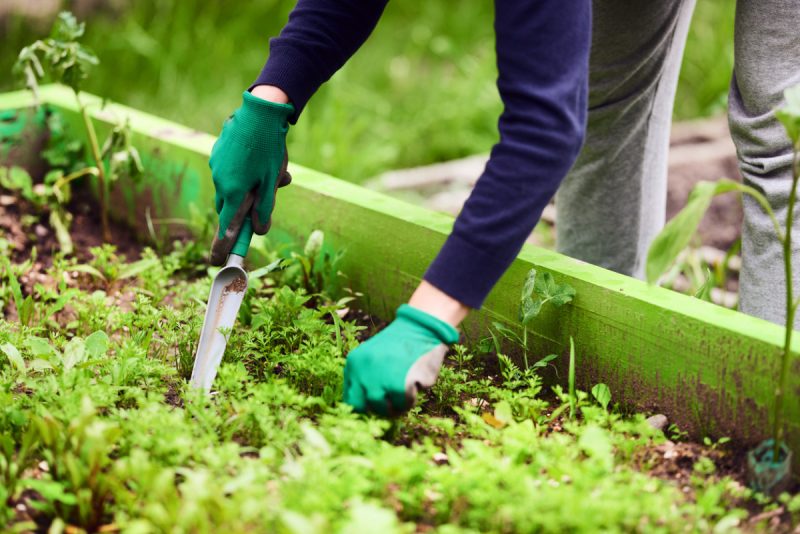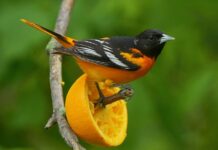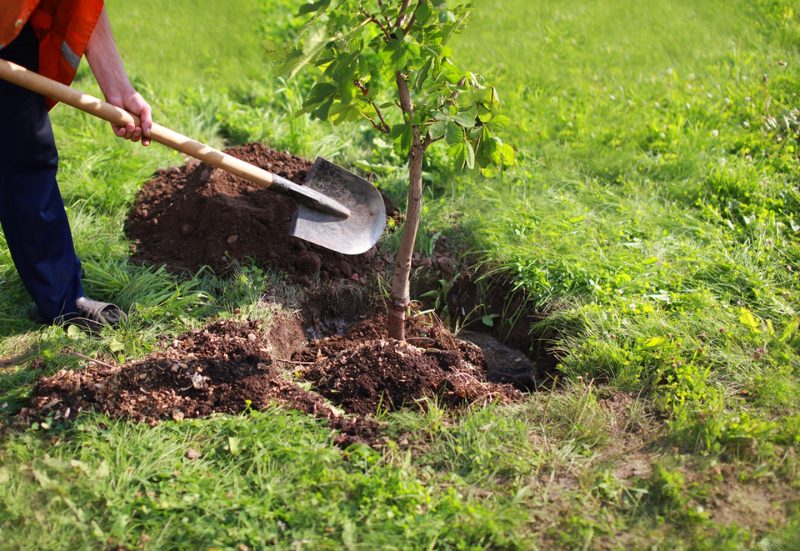Whether you want to save money or be more environmentally friendly (or just be very smart), you can avoid harsh chemicals in your garden by using home remedies to fertilize, weed, cure plant diseases and improve the quality of your soil.

You can treat all kinds of garden ailments using: fewer chemicals, fewer ingredients, and fewer worries. With common ingredients (many of which you already have in your kitchen), you can make a batch, store it easily and have it on hand to use during the next “crisis” in your garden. Natural solutions are safe, inexpensive, and best of all, successful.
Natural solutions for healthier soils and plants
Read on for step-by-step instructions to prepare these very useful home remedies for the garden:
1. Flower fertilizer
The Epsom salts are used in gardens for decades as a secret weapon, because they help increase the absorption of nutrients, are soluble in water and leave no residue chemicals.
The magnesium in Epsom salts helps a plant to be able to utilize the phosphorus and nitrogen in the soil, which is an important component in fertilizers. This is a great mix and alternative to chemically infused processed fertilizers.
Ingredients:
- 4 liters of warm water.
- 2 tablespoons of Epsom salts.
- 1 cup of unsweetened apple juice.
How to do it:
Dissolve the Epsom salts in the warm water, then add the apple juice. Combine the ingredients in a clean container of your choice and use immediately.
How to use it:
Drill holes in moistened soil around the edge furthest from your plants and pour the mixture. Use this combination once a month for best results.
2. Insect repellent and fertilizer
After you have your cup of coffee in the morning, save the beans instead of throwing them away. Coffee grounds can act as a natural insect repellent and also works wonders as a fertilizer.
Ingredients:
- Used ground coffee
How to do it:
Prepare your coffee as usual, but store the beans in a clean, airtight container.
How to use it:
Sprinkle and spread the coffee beans on your soil for additional nutrients. These will also help with drainage and oxidation of the soil. Tip: Acid-loving plants like blueberries, azaleas, and tomatoes love used coffee beans.
3. Treatment for mold
This unpleasant condition affects a large number of plants, but fortunately there is a natural treatment.
Ingredients:
- Nonfat plain yogurt and water.
How to do it:
Mix 1 tablespoon of unsweetened plain yogurt in a cup of water, then pour the mixture into a spray bottle.
Tip: You can also use the thin layer of watery liquid that collects on top of your yogurt (called whey) because it is also full of healthy germs.
How to use it:
After dark, when temperatures have dropped, spray the leaves of any rose that is affected by black or other mold. This solution can be sprayed daily as a preventative measure or to treat a current problem.
4. Home herbicide
Ingredients:
- Undiluted white domestic vinegar.
How to do it:
Use the vinegar directly or you can add a teaspoon of liquid castile soap to help the mixture adhere to the leaves.
How to use it:
Spray the vinegar directly and generously on the intruding weeds. Since the vinegar will kill the leaves and not always the roots, you may need to reapply it. The best time of day to use this natural weed killer is on a hot, sunny day.
In theory the acid in the vinegar will burn the weeds and kill them in a matter of minutes to days. This natural remedy is far superior to store bought herbicides that are extremely toxic to people, creatures, and our water supply.
5. Soil amendment
Did you know that eggshells are rich in calcium and other important minerals that nourish your garden? It is this calcium that helps build strong cell walls, or “plant bones.”
Ingredients:
- Washed eggshells
How to do it:
Let the eggshells dry and put them in a mortar to grind until they are crushed like breadcrumbs.
How to use it:
Add the crushed eggshells to your soil and plow. This is best done in the fall and spring.
You can also focus more directly on one spot by scratching eggshells in the top 2.5 cm of the soil around plants, like roses, and then watering them well.
Tomato plants especially love these calcium-rich husk crumbs if added at planting time.








